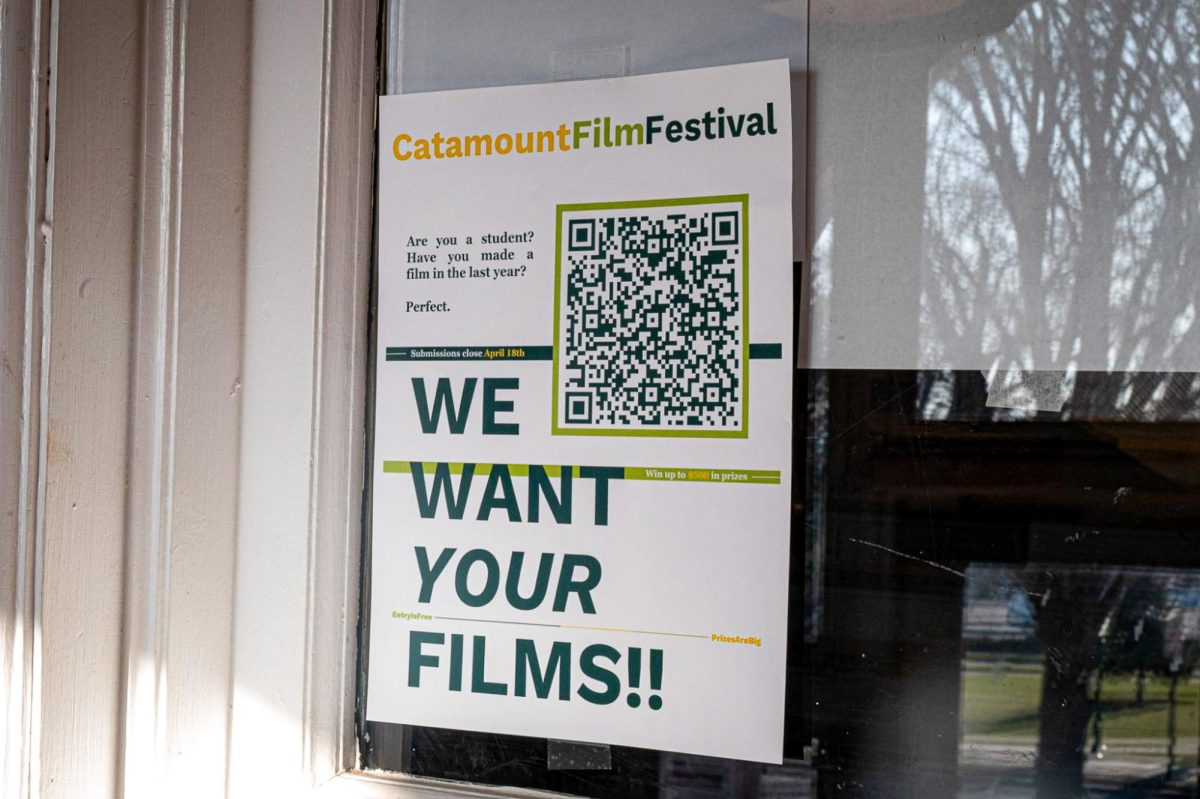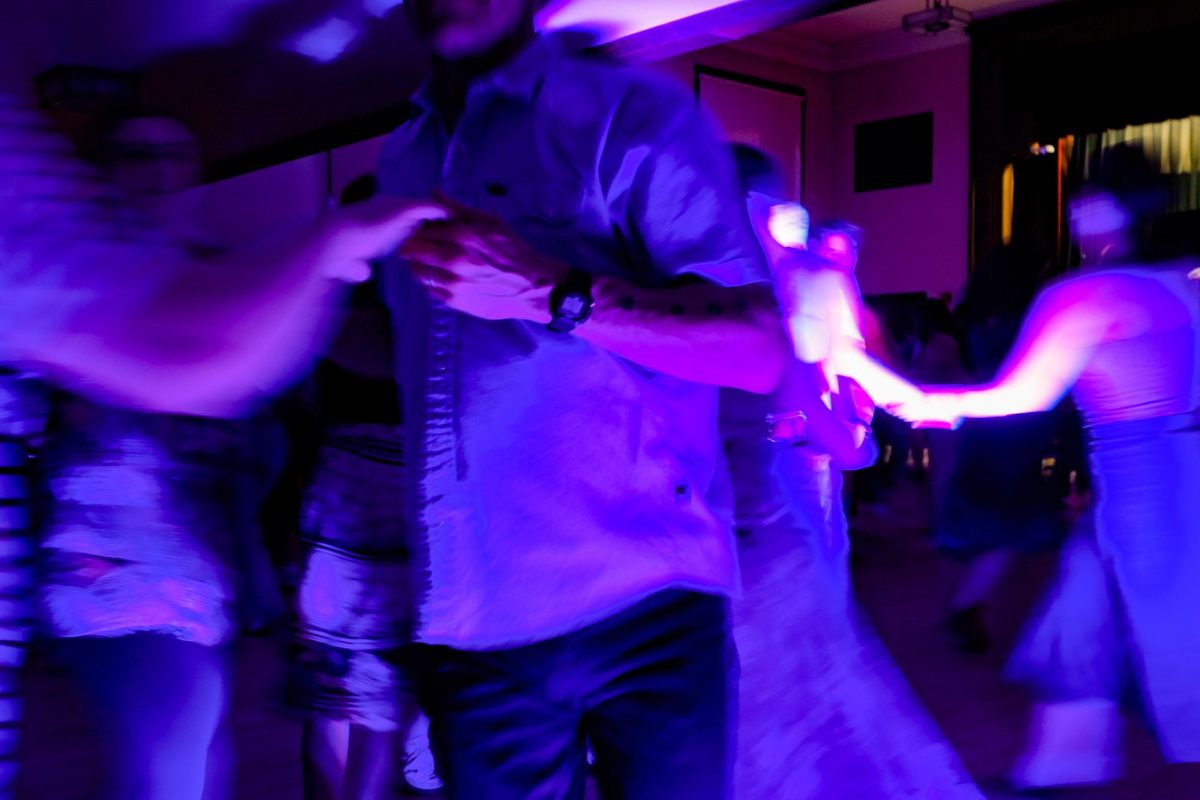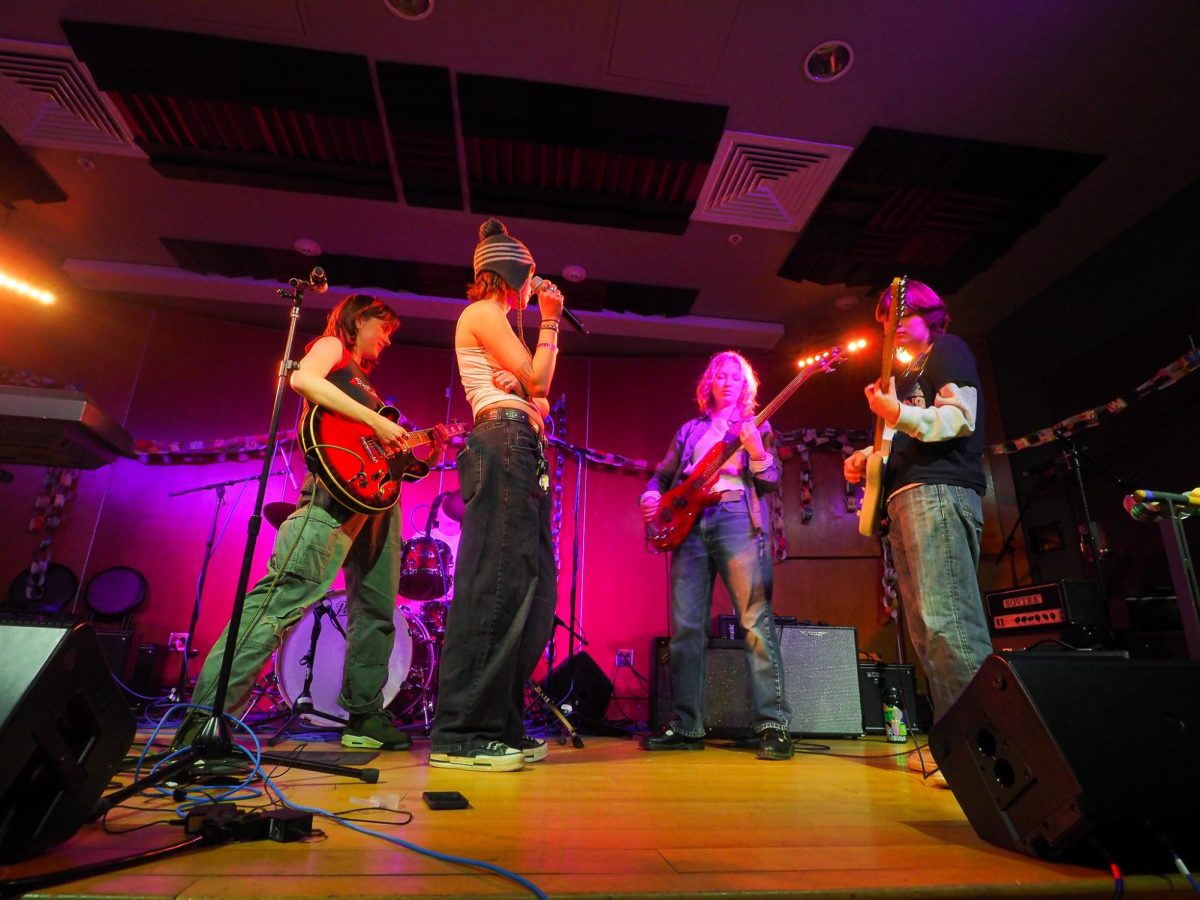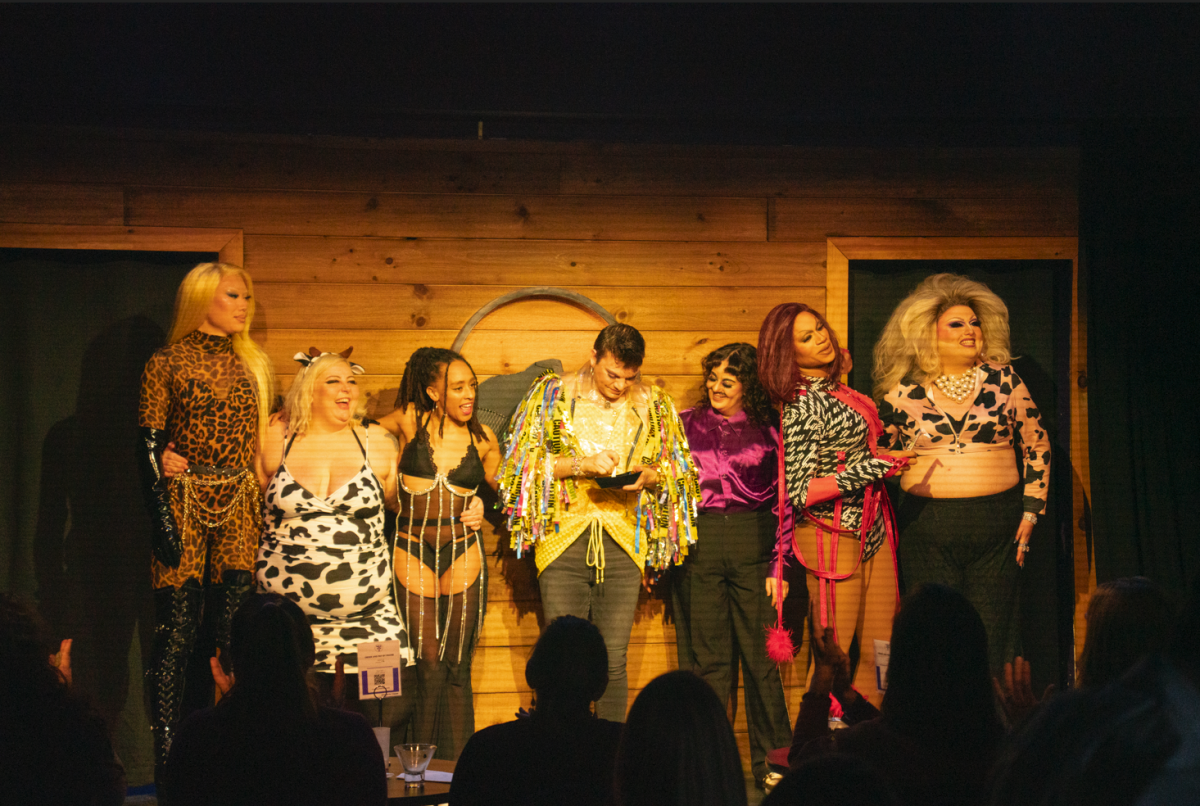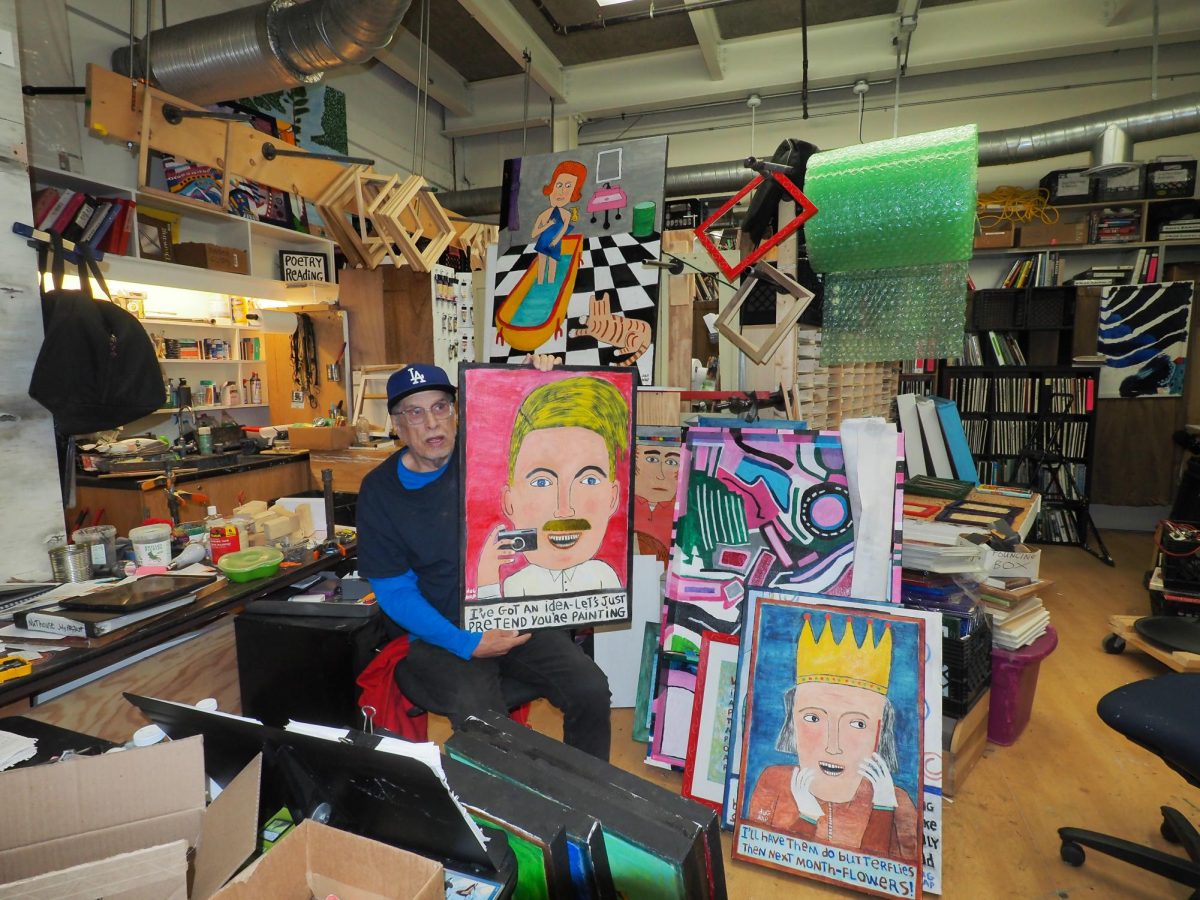In 1966, an intense apartheid drew Robert F. Kennedy to visit South Africa. That trip is the basis for the new documentary “RFK in the Land of Apartheid: A Ripple of Hope,” which was screened at the Vermont International Film Festival on Oct. 31. Tami Gold and Larry Shore, professors at Hunter College in New York, created the film that follows Kennedy as he tours South African universities, churches and slums. Kennedy’s trip opened his eyes to civil rights injustices and he began to speak up against the U.S.’s support for the white South African government and for the abolition of racism in South Africa and the United States alike.Kennedy’s words inspired Larry Shore when Shore was just a middle school student.”It was just a moment in junior high,” Shore said. “Just a moment — but a significant moment.”Decades later, Shore met Gold and was able to document a trip many Americans know little about. “RFK” certainly succeeds in educating audiences about Kennedy’s trip and its long reaching impact on both countries, which can still be seen today. For Gold, the trip raises questions about what could have been. Kennedy was assassinated almost exactly two years after his trip, during his run for president. The film offers a perspective on how his liberal, charismatic personality could have translated to a successful presidency. “There are questions about what Kennedy would have become,” Gold said. “He would most likely have won the presidency, but how would that have changed the world?”In the film, Gold alludes to the fact that Kennedy would have created a different country from the one that emerged under Nixon, but part of the change would have come from the people. Huge numbers of people, white and black, attended Kennedy’s South African rallies, and his charisma shines through in the highlighted clips in the movie. “It’s hard to get Americans interested in international politics, but Kennedy really managed to connect the situation in South Africa to the one in America,” local cook Robert McKay said. “But activism then was different from today’s. It was a mass social movement that could change things, not a ‘Join this Facebook group,’ ‘give money to this organization’ type of activism like we see today.”Kennedy changed the way many Americans viewed apartheid and anti-communist movements, and the documentary strives to do the same. With well thought-out interviews and interesting footage, the film succeeds in bringing the issues back to the forefront and creating a medium for thought. A native of South Africa, local teacher and activist Mashobane Moruthanu agrees.”People at home who see it will continue to have hope. You need to free yourself before you can practice freedom,” Moruthanu said. I came here because of my deep interest and affection for a land settled by the Dutch in the mid-17th century, then taken over by the British, and at last independent; a land in which the native inhabitants were at first subdued, but relations with whom remain a problem to this day; a land which defined itself on a hostile frontier; a land which has tamed rich natural resources through the energetic application of modern technology; a land which once imported slaves, and now must struggle to wipe out the last traces of that former bondage. I refer, of course, to the United States of America.— Robert F. Kennedy?”Day of Affirmation” speech to the University of Cape Town,?June 6, 1966 South Africa, N.U.S.A.S. Speech (www.rfksafilm.org)
Categories:
Film revisits RFK rippling hope in apartheid
November 9, 2009
0
More to Discover


